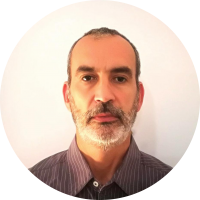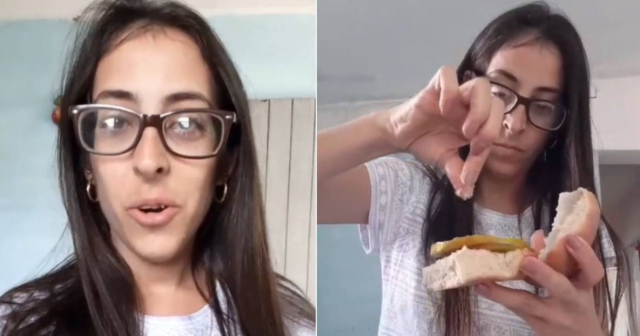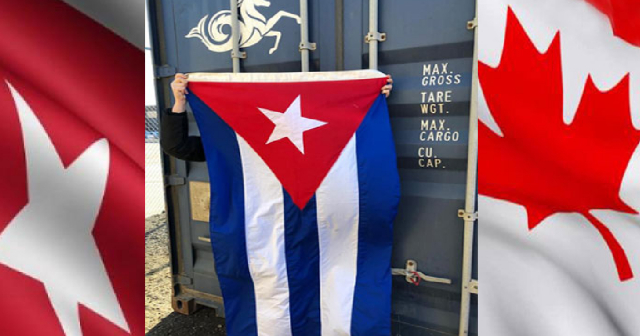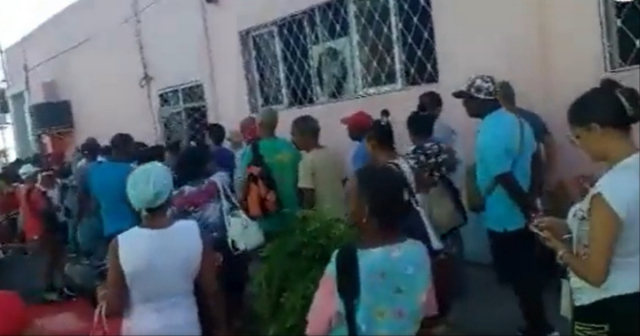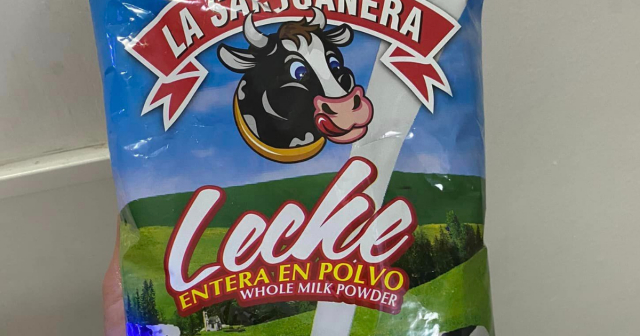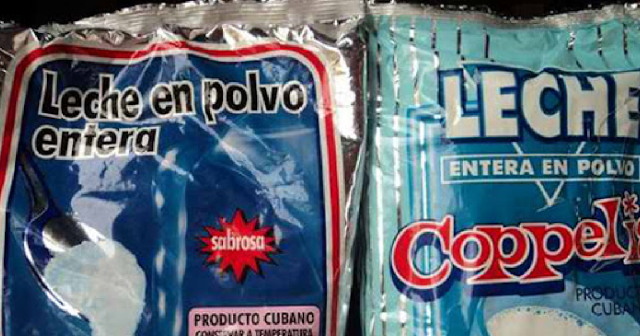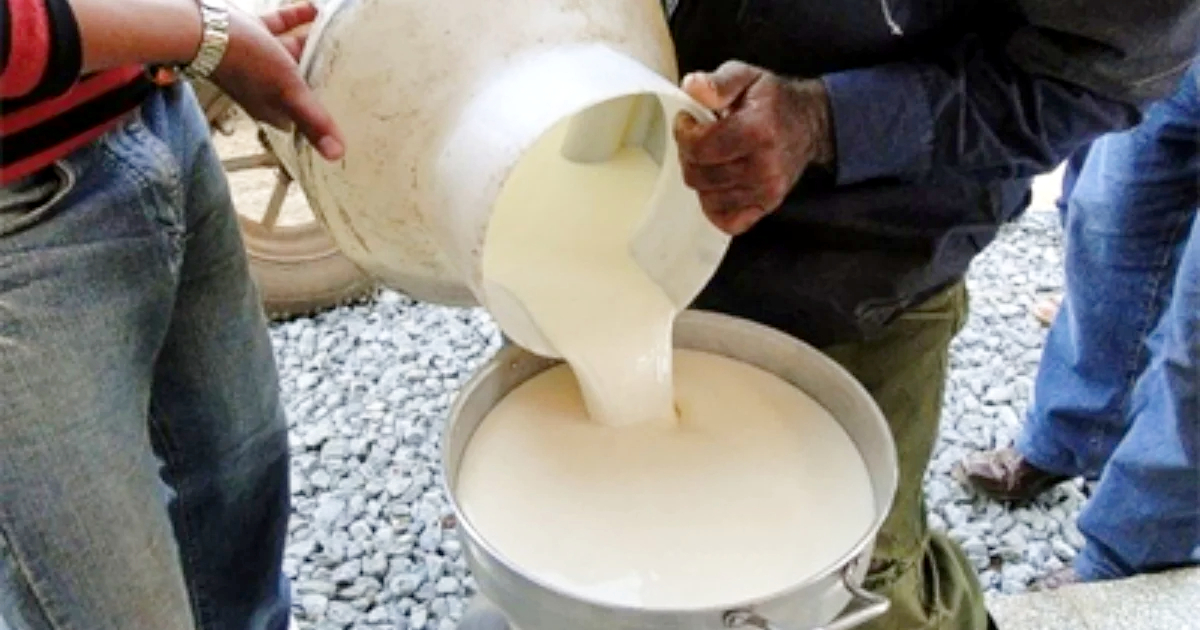
The 'continuity' regime of Miguel Diaz-Canel has turned out to be more incompetent than that of the dictator Fidel Castro In general terms, a fact that becomes evident if we compare the behavior of dairy production in periods of crisis of both governments.
The evidence is based on the data of the National Office of Statistics and Information (ONEI), which prepared a table with the “comparative dynamics of the physical production of fresh milk in two periods”: the so-called 'special period' (crisis of the 90s) and the current crisis, whose start is set by the official body in 2017.
“Before you continue with the matter of the 'situations' with milk ('lockdown', the weather, the WFP, etc.) take note, if it is not too much to ask, of the comparative dynamics of milk production in the 'special period' and in the current agricultural crisis. “Guess which one is worse?” tweeted the Cuban economist. Pedro Monreal sharing a graph from the ONEI.
To illustrate the behavior of milk production in both periods, the ONEI takes as a starting point what it defines as the “peak year” of each annual series. In the case of the “special period”, the peak year was 1992. The organization defines “peak year” as the year prior to a period of two consecutive years of annual decreases.
Starting from there, the graph clearly shows the evolutionary line of each period. While in the crisis of the 90s (1992-1997), the negative trend was reversed in just three years, even exceeding the milk production prior to the collapse, in the crisis unleashed by the Díaz-Canel government (2017-2022). , the decrease has been an unstoppable trend.
A 2017 study published by the United Nations Development Program (UNDP) indicated that Cuba must have approximately 1.6 billion liters of milk per year, or its equivalent in other dairy products, to meet milk consumption standards. of the Food and Agriculture Organization of the United Nations (FAO).
An article published in July 2022 by the independent media Neighborhood Journalism (PdB) pointed out that, according to the ONEI, in 2020 milk production in Cuba had reached the third lowest level since 1990, with 455,300 tons.
Of the more than one million tons of milk that the country produced in 1990 (state and non-state production added), in 2020 it barely reached half a million, and that thanks to the increase in non-state production.
According to the UNDP, the economic crisis of the 90s caused a drastic reduction in the livestock mass and productivity per cow, the decapitalization of livestock activity, as well as the deterioration of infrastructure, the transportation system and technological equipment. employees in the dairy industry, which - according to PdB- has not managed to recover to the levels prior to the “special period”.
The situation has reached a point where the arguments put forward by the regime's propaganda to justify the current milk shortage fall into ridicule and absurdity, and reveal the lack of a realistic economic policy behind the so-called "creative resistance." ” and other slogans of 'continuity'.
Recognizing the failure of the “63 measures” to re-boost the Cuban agro-livestock sector, as well as all other policies to make state-owned companies effective and turn them into engines of the economy, from the “economic order” Until the recent “paquetazo”, the Cuban regime has had to urgently ask for help from the World Food Program (WFP) of the United Nations, requesting support for the supply of powdered milk for children under seven years of age.
“The country's livestock potential does not guarantee the supply of milk… We have spoken with MSMEs so that they add milk to the basket"But we have to pay it at the cost that they have established," the Minister of Internal Trade stressed in mid-February. Betsy Diaz Rodriguez, in charge of distributing the products that the regime supposedly guarantees through the regulated family basket.
Broken the “social contract” implicit in the supply book, the Cuban regime is entering a new economic reality by eliminating “subsidies and gratuities” and implementing a state capitalism controlled by the leadership in power, in which essential products such as milk no longer arrive “through the book”, but they are in the stores MSMEs.
To further food insecurity of an impoverished population punished by uncontrolled inflation, after the request for help from the WFP, several citizens have denounced on social networks the sale of powdered milk in state stores in MLC, causing many to suspect that UN donations are being commercialized by the regime.
What do you think?
COMMENTFiled in:
